
Lung Disease
Lung disease is a term which refers to a number of the disorders which are consequences of scarring of the lung tissue. In case of lung disease the function of the lungs is impaired so they cannot take enough amount of oxygen and release carbon dioxide. The most common symptom of a lung disease is tightness or pain in the chest which prevents a person to take a deep breath. Other symptoms may include dry cough and wheezing. The symptoms are usually mild at early stages of the disease, but as the disease progresses the symptoms become much worse, especially breathing difficulties. You may feel out of breath even after simple activities, such as getting dressed.Causes
There are a lot of factors which can cause lung disease. One of the causes is smoking. Even if you are exposed to second hand smoke, you are at risk of lung disease. If you have been exposed to certain chemicals or toxins in the environment for a long time, the risk of lung disease is much greater. The most common causes include inhaling silica or hard metal dust, car exhaust, asbestos or radon gas. These chemicals also increase the risk of lung cancer. The cause of lung disease can be various viral, fungal or bacterial infections. Lung disease can be a consequence of medications used during chemotherapy or radiation therapy to the chest. The cause of lung disease can also be a chronic disorder of connective tissues, such as rheumatoid arthritis, lupus or scleroderma. There are cases of lung disease when the exact cause cannot be determined.Treatment
The treatment of lung disease usually involves medications. Your doctor will prescribe the best one according to the severity of your condition and cause. You may be given corticosteroid medications, antioxidants or anti-fibrotics. In addition to medications, your doctor may suggest oxygen therapy. Oxygen therapy will not prevent damage to your lungs, but it can improve your breathing and ease other symptoms. Another form of treatment includes pulmonary rehabilitation. It is recommended for people with severe damage of the lungs. This rehabilitation program will improve your condition and it will also provide adequate support for coping with lung disease. You will learn how to deal with breathing difficulties, what the best diet is and how to improve the quality of life. Most severe cases involve lung transplantation.Lifestyle
The most important thing is to stop smoking and to stay away from second hand smoke as well. Regular and moderate exercises will have a positive impact on your lung condition but on your overall health as well. Well balanced diet is also very important. You may need adequate intake of calories, but greasy food is not recommended.

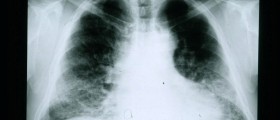

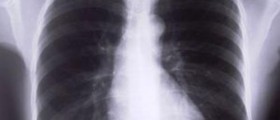
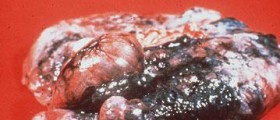

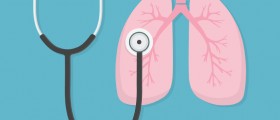

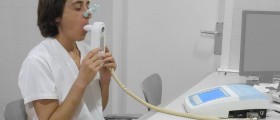
,-Asthma-And-Anxiety_f_280x120.jpg)
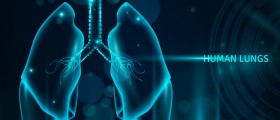
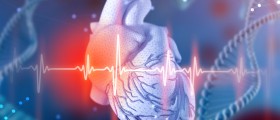




Your thoughts on this
Loading...